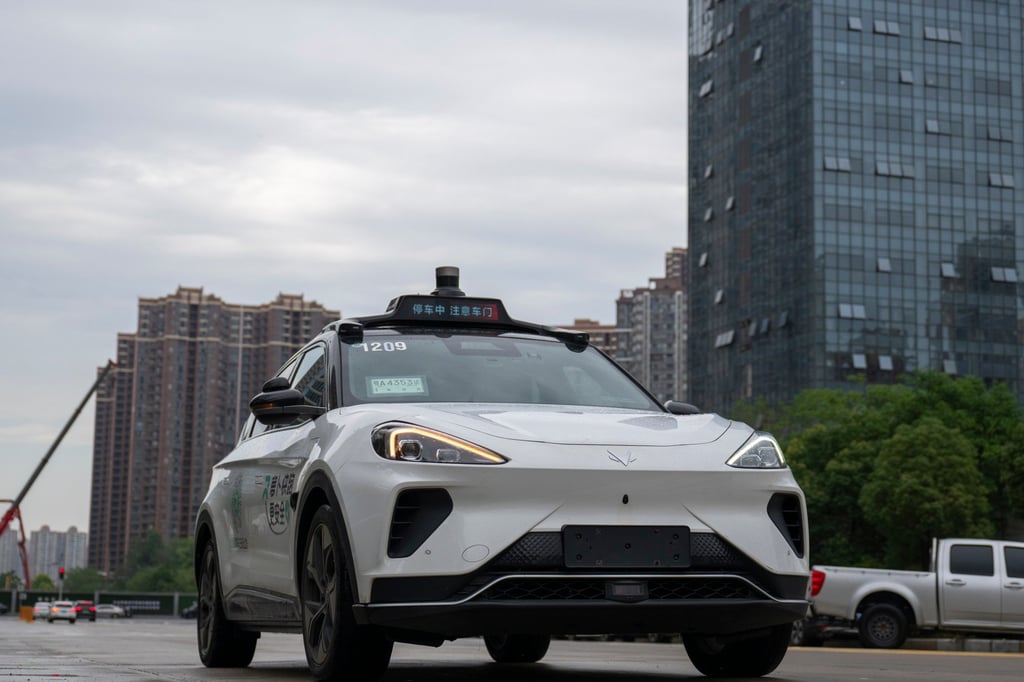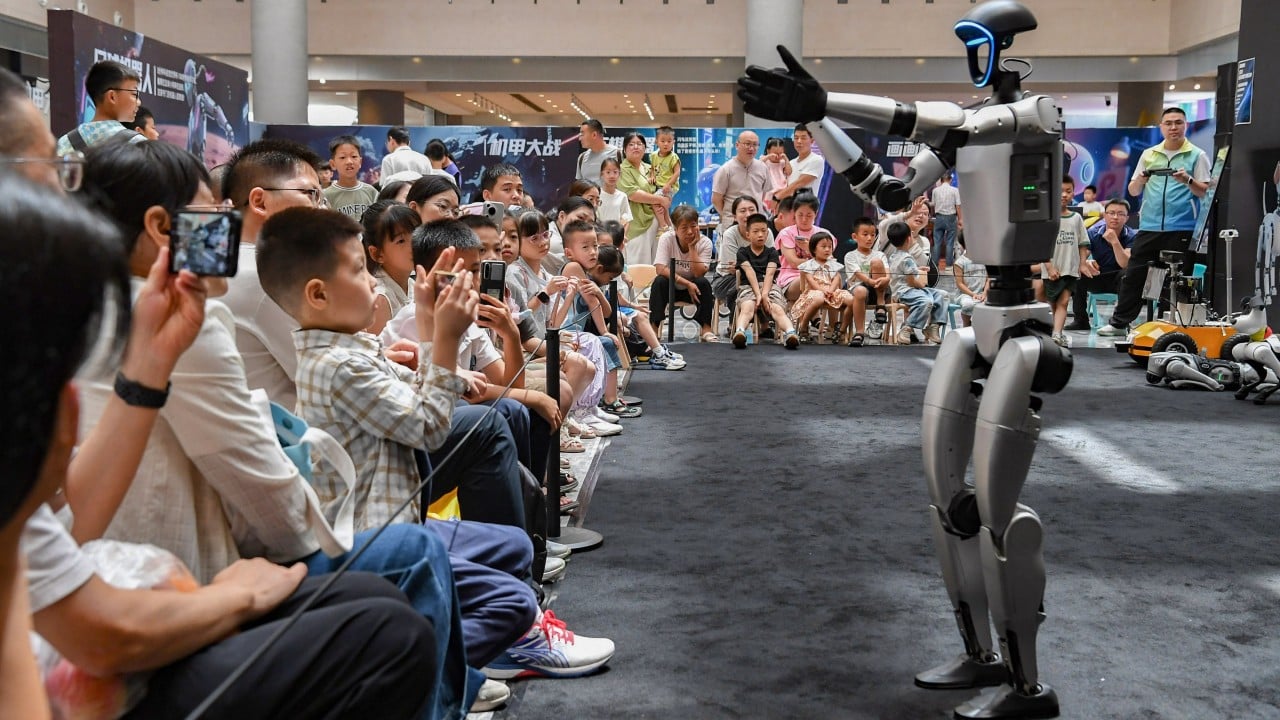It may seem far-fetched to suggest that China should consider implementing a universal basic income at this time, as authorities appear to be unenthusiastic about the idea. In the past, Chinese officials have rejected proposals to distribute cash to households, even when many families were clearly in need of support.
Advertisement
But while the term universal basic income has yet to appear in any official Chinese policy documents, it may become less foreign in the coming years because of the increasing replacement of entry-level jobs by machines.
Advances in technologies such as artificial intelligence (AI) and automation are expected to render many traditional labour roles obsolete.
For example, the demand for human translators may diminish as machine translation improves, while manual labour in sorting goods on assembly lines is also on the decline. In fact, many leading Chinese manufacturers are developing “dark factories” to reduce reliance on human labour.
While new technologies will create new job opportunities, these roles are often unsuitable for workers displaced from traditional sectors. The pace at which old jobs are eliminated also outstrips the creation of new ones, which could lead to significant structural unemployment.

If driverless taxis become the norm, millions of people could find themselves at risk of losing their jobs. And it is safe to say not many of them can transition to roles in new demand, such as data scientists.

